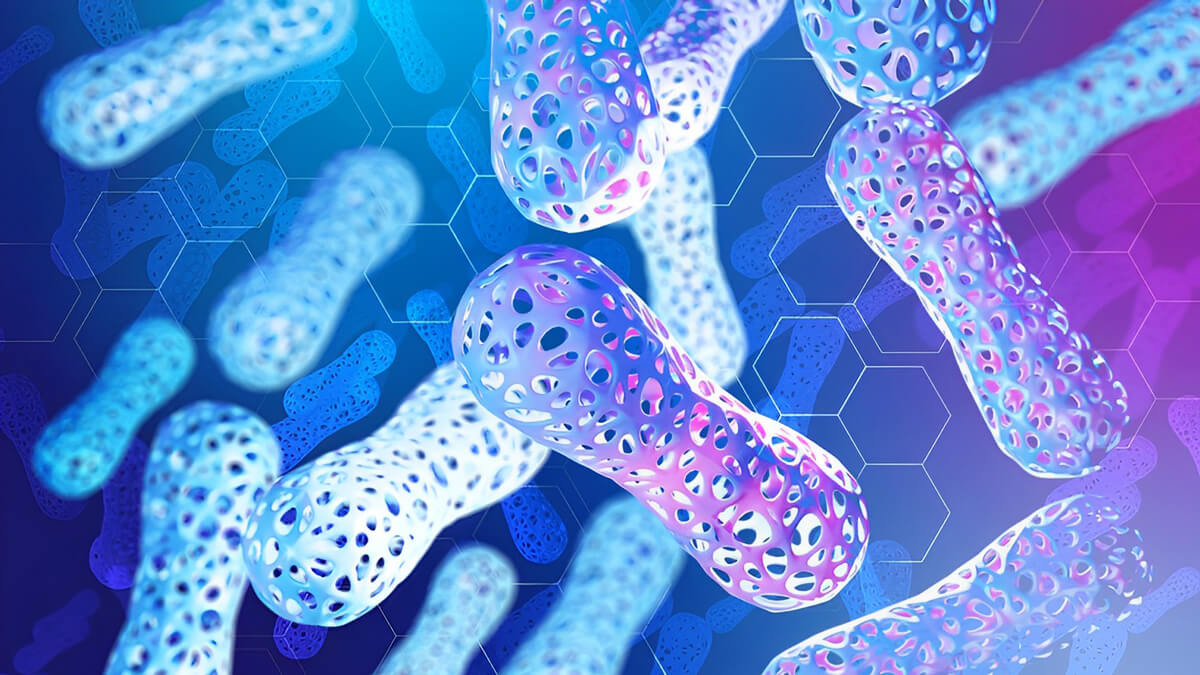
The gut microbiome is a complex community of microorganisms that play a crucial role in maintaining overall health. Recent research has suggested that there may be a link between the gut microbiome and autism spectrum disorder (ASD). In this article, we will explore what we currently know about the connection between the gut microbiome and autism.
Several studies have found differences in the gut microbiome of individuals with ASD compared to those without the disorder. A 2017 study published in the journal Microbiome found that children with ASD had lower levels of certain gut bacteria, including Prevotella and Coprococcus, and higher levels of others, such as Desulfovibrio, compared to children without the disorder.
Another study published in the journal Molecular Autism found that children with ASD had a less diverse gut microbiome compared to typically developing children.
These differences in the gut microbiome could potentially impact the communication between the gut and the brain, known as the gut-brain axis.
This could potentially affect brain development and contribute to the development of ASD. One theory is that changes in the gut microbiome could lead to an increase in the production of certain metabolites that play a role in brain function and behavior.
While more research is needed to fully understand the link between the gut microbiome and autism, there is some evidence to suggest that interventions that improve gut health could have a positive impact on the symptoms of ASD.
A 2019 study published in the journal Nutrients found that a gluten-free, casein-free diet improved both gut symptoms and behavioral symptoms in children with ASD.
Another study published in the journal Beneficial Microbes found that probiotic supplements improved both gut symptoms and behavior in children with ASD.
It’s important to note that while these studies are promising, more research is needed before we can draw firm conclusions about the link between the gut microbiome and autism. However, this area of research has the potential to offer new insights into the causes and treatment of this complex disorder.
One potential avenue for further research is the use of fecal microbiota transplants (FMTs) to improve gut health in individuals with ASD. FMTs involve transferring fecal matter from a healthy donor into the gastrointestinal tract of a recipient.
While FMTs have primarily been used to treat gastrointestinal disorders, such as Clostridioides difficile infection, there is some evidence to suggest that they could also be effective in improving gut health in individuals with ASD.
A 2020 study published in the journal Frontiers in Cellular and Infection Microbiology found that FMTs improved both gut symptoms and behavioral symptoms in children with ASD. Another study published in the journal Translational Psychiatry found that FMTs improved gastrointestinal symptoms in individuals with ASD, but did not have a significant impact on behavioral symptoms.
While FMTs are still considered an experimental treatment for ASD and more research is needed to fully understand their safety and efficacy, they offer a potential avenue for improving gut health in individuals with this complex disorder.
In conclusion, the potential link between the gut microbiome and autism is an exciting area of research. While the exact nature of this link is not yet fully understood, there is some evidence to suggest that interventions that improve gut health could have a positive impact on the symptoms of ASD. As researchers continue to explore this connection, we may gain new insights into the causes of autism and new avenues for treatment.
Resources
Gastrointestinal microbiota in children with autism in Slovakia” by Aleksandra Tomova, Veronika Husarova, Silvia Lakatosova, Jan Bakos, Barbora Vlkova, Katarina Babinska, and Daniela Ostatnikova: https://pubmed.ncbi.nlm.nih.gov/24798823/
– “Effectiveness of probiotics on the duration of illness in healthy children and adults who develop common acute respiratory infectious conditions: a systematic review and meta-analysis” by H. Hemilä and J. Chalker: https://www.ncbi.nlm.nih.gov/pmc/articles/PMC7319190/
– “Fecal Microbiota Transplantation in Autism Spectrum Disorder: A Systematic Review” by S. Kang, S. Kim, and J. Lee: https://www.ncbi.nlm.nih.gov/pmc/articles/PMC7483089/
– “Gut microbiota and autism: key concepts and findings” by C. de Theije, K. Wopereis, H. Beggs, H. van den Bogert, E. G. de Vries, and A. D. Jansen: https://www.ncbi.nlm.nih.gov/pmc/articles/PMC5045141/

